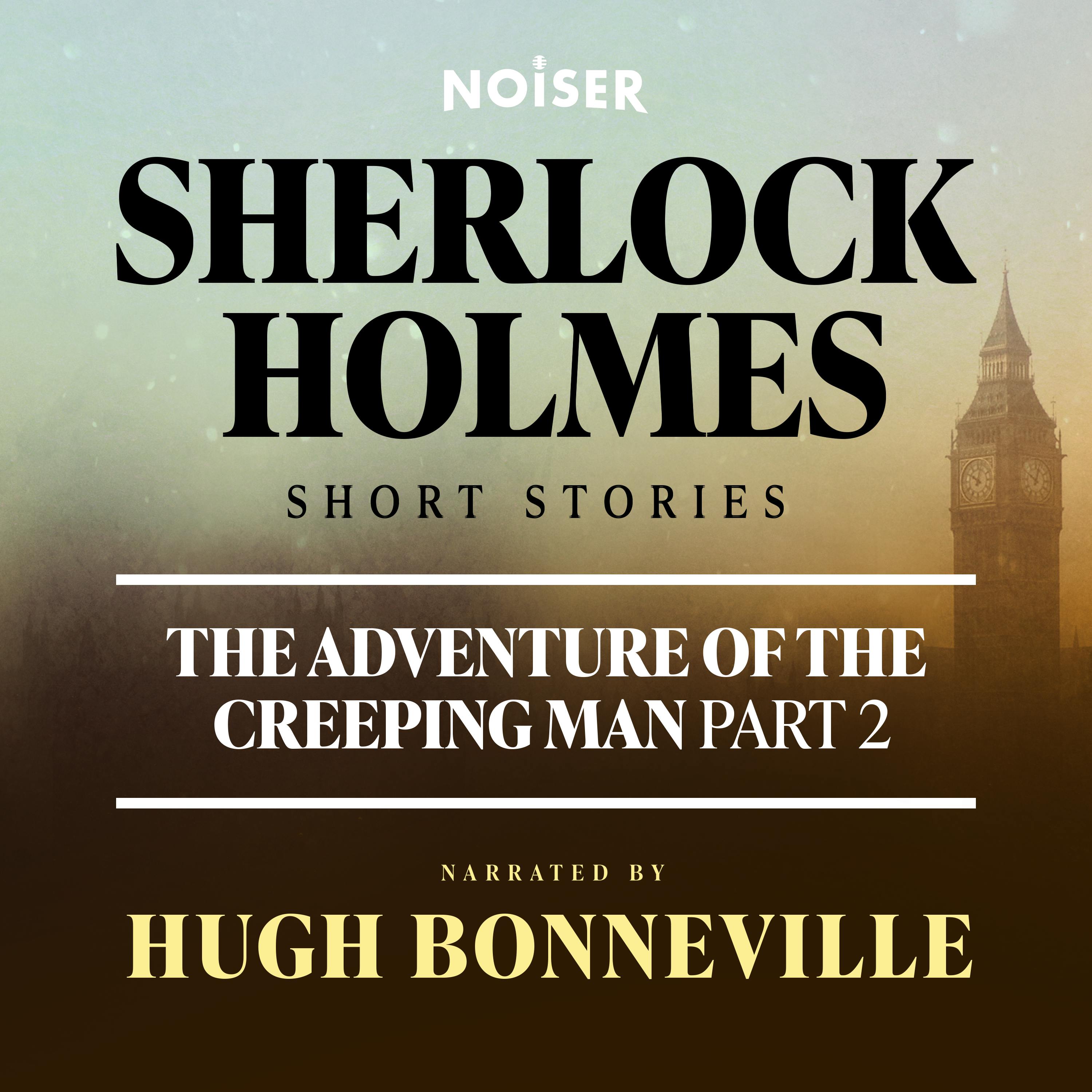The Adventure of the Norwood Builder: Part Two
Holmes is told to abandon all hope as he races against the clock to prove McFarlane’s innocence. But when a new piece of evidence emerges that seemingly proves the young lawyer’s guilt, Holmes sees something that everyone else missed, and the brilliant scheme of a master criminal hiding in plain sight begins to unravel.
A Noiser podcast production.
Narrated by Hugh Bonneville
Written by Sir Arthur Conan Doyle
Produced by Katrina Hughes
Script Supervisor: Addison Nugent
Sound Design and Audio Editing by Josh Latham
Sound Supervisor: Tom Pink
Compositions: Dorry Macaulay and Oliver Baines
Mix & Mastering: Josh Latham
Series Consultant: Dan Smith
For ad-free listening and early access to new episodes, join Noiser+. Just click the subscription banner at the top of the feed to get started. Or go to noiser.com/subscriptions
Learn more about your ad choices. Visit podcastchoices.com/adchoices
A Noiser podcast production.
Narrated by Hugh Bonneville
Written by Sir Arthur Conan Doyle
Produced by Katrina Hughes
Script Supervisor: Addison Nugent
Sound Design and Audio Editing by Josh Latham
Sound Supervisor: Tom Pink
Compositions: Dorry Macaulay and Oliver Baines
Mix & Mastering: Josh Latham
Series Consultant: Dan Smith
For ad-free listening and early access to new episodes, join Noiser+. Just click the subscription banner at the top of the feed to get started. Or go to noiser.com/subscriptions
Learn more about your ad choices. Visit podcastchoices.com/adchoices
Press play and read along
Transcript
Transcript is processing—check back soon.
Sherlock Holmes Short Stories — The Adventure of the Norwood Builder: Part Two





